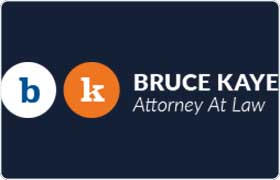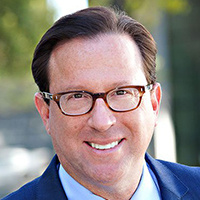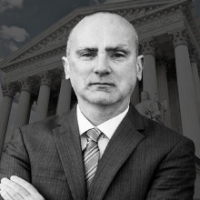 Arlington Misdemeanor Lawyers, Texas
Arlington Misdemeanor Lawyers, Texas
Sponsored Law Firm
-
 x
x

Click For More Info:
-
Law Offices Of Bruce C. Kaye
400 N. St. Paul St.1110 Dallas, TX 75201» view mapCriminal Defense Law Changing Lives, One Case At A Time
The best thing about running my own practice is the opportunity to give my clients the individual attention they deserve.
800-920-9461
Sponsored Lawyers
1-8 of 8 matches
Criminal, DUI-DWI, Misdemeanor, Felony, White Collar Crime
Christopher Lankford is licensed to practice law in all Texas state courts, Federal court (Northern District of Texas), and the Supreme Court of the United States. He focuses exclusively on criminal and DWI cases in Tarrant County, Texas. By practicing exclusively criminal defense in Tarrant County, he knows the ins and outs of the courts. He takes pride in fighting for individual's rights, freedom, and protecting them from the harsh consequences of the criminal justice system. Christopher has been named a Top 100 Trial Lawyer by the National Trial Lawyers Association for Texas (North) and Top Attorney by Fort Worth, Texas Magazine every year since 2014. He is rated "10.0" and "Superb" by Avvo attorney ratings, Avvo's highest rating. Christopher graduated from Baylor Law School with a concentration in criminal law. He is also a graduate of the Texas Criminal Trial College in Huntsville, TX, class of 2014. The Criminal Trial College is considered one of the most rigorous pieces of training a criminal defense lawyer can undergo. He is a member of the State Bar of Texas, Federal Bar Association, Tarrant County Criminal Defense Lawyers Association (TCCDLA), Texas Criminal Defense Lawyers Association (TCDLA), Tarrant County Bar Association (TCBA), Christian Trial Lawyers Association (CTLA), National College for DUI Defense (NCDD), and the College of the State Bar of Texas. Christopher is a United States Marine Corps veteran. Enlisting a month after September 11, 2001, he served primarily as a legal administration clerk. He also served in key roles such as a security specialist and a marksmanship instructor. He now spends much of his free time volunteering, attending sporting events, or participating in triathlons, endurance, and adventure races.
(more)Criminal, DUI-DWI, Felony, Misdemeanor
With over 15 years of experience representing clients charged with DWI and other criminal charges in Tarrant County and throughout the Dallas-Fort Worth area, Craig A. Dameron has been recognized by his peers as a top criminal defense attorney. Contact the Fort Worth Criminal Defense Attorney online or call 817-222-0624 for a FREE consultation.
(more)Criminal, DUI-DWI, Misdemeanor, Felony
The fact that one mistake, one bad day, or even a police officer’s mistake could completely ruin or change the trajectory of your entire life made me want to get into criminal law. I grew up in Dallas and attended SMU Dedman School of Law. I began my career fighting for people as a Public Defender in Dallas. I saw how unfairly the criminal justice system treats people, especially if they don’t have a good lawyer. I wanted to treat my clients how they deserved to be treated – by taking the time necessary to get to know who they are and what they need. I created my law firm to do just that. Understanding that people shouldn’t be judged on their worst day, I strive to help people through difficult times with compassion and integrity. Facing criminal charges is intimidating. Knowing this, I ensure my clients understand the process, their rights, and the possible outcomes for their case. I pride myself on getting to know my clients outside of their case files. When I represent you, you’ll have an ally to explain the process, your rights, your options, and how to best resolve the matter. We understand where you’re coming from, carefully walk you through each step of the criminal process, and directly answer your questions. We start every case with an initial one-hour consultation. Most lawyers only give a quick sales pitch in a 15-minute call. We don’t do that — we’ll discuss what happened and give you an idea of what to expect, including possible outcomes and strategies. We’ll also talk about pricing. Once we’re engaged, our team will get to work right away, giving you feedback along the way so you know that we’re on it. We’ll also familiarize you with our convenient online portal for existing clients and provide regular updates and clear lines of communication until we reach a satisfactory resolution.
(more)


 Bruce Kaye Dallas, TX
Bruce Kaye Dallas, TX



